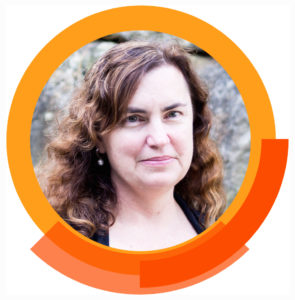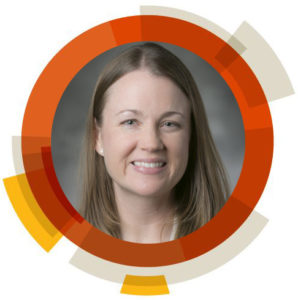We are delighted to announce that Professor Jean-Louis Reymond has joined the RSC Medicinal Chemistry Editorial Board.
Jean-Louis Reymond studied Chemistry and Biochemistry at ETH Zürich, Switzerland and obtained his Ph.D. at the University of Lausanne on natural products synthesis (1989). After a Post-Doc and Assistant Professorship at the Scripps Research Institute, USA, he joined the University of Bern, Switzerland (1997).
His research focuses on the enumeration and visualization of chemical space for small molecule drug discovery, the synthesis of new molecules from the Generated DataBase (GDB, http://gdb.unibe.ch), and the design and synthesis of peptide dendrimers and polycyclic peptides as antimicrobials and for nucleic acids delivery.
He is the author of more than 300 scientific publications and reviews. See a selection of his recent RSC publications below:
Chem. Commun., 2018,54, 5130-5133
Chem. Sci., 2020,11, 154-168 (Open Access)
Chem. Sci., 2017,8, 7464-7475 (Open Access)
Cytotoxic peptide conjugates of dinuclear areneruthenium trithiolato complexes
Med. Chem. Commun., 2015,6, 347-350
You can find out more about the full Editorial Board on our webpage.
















